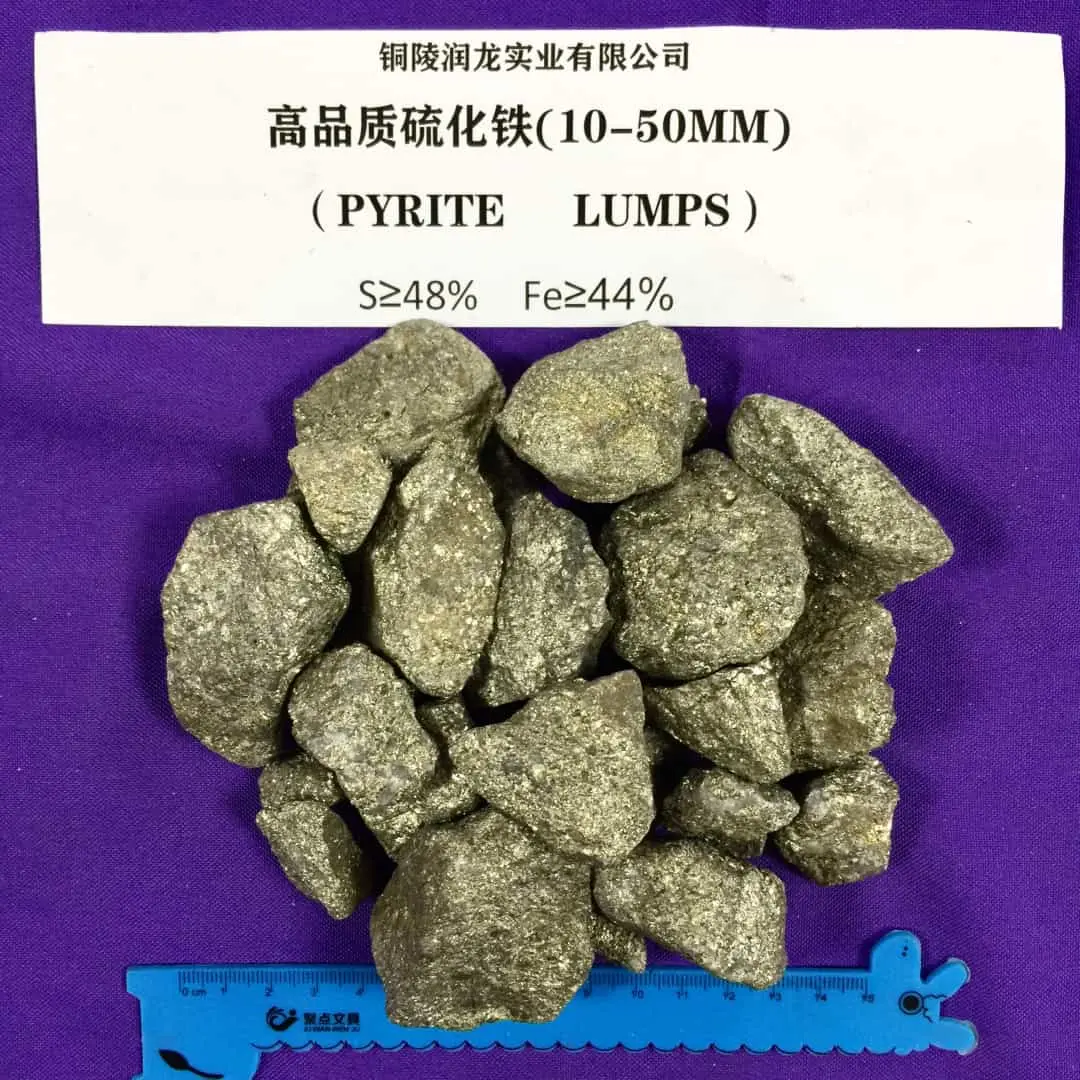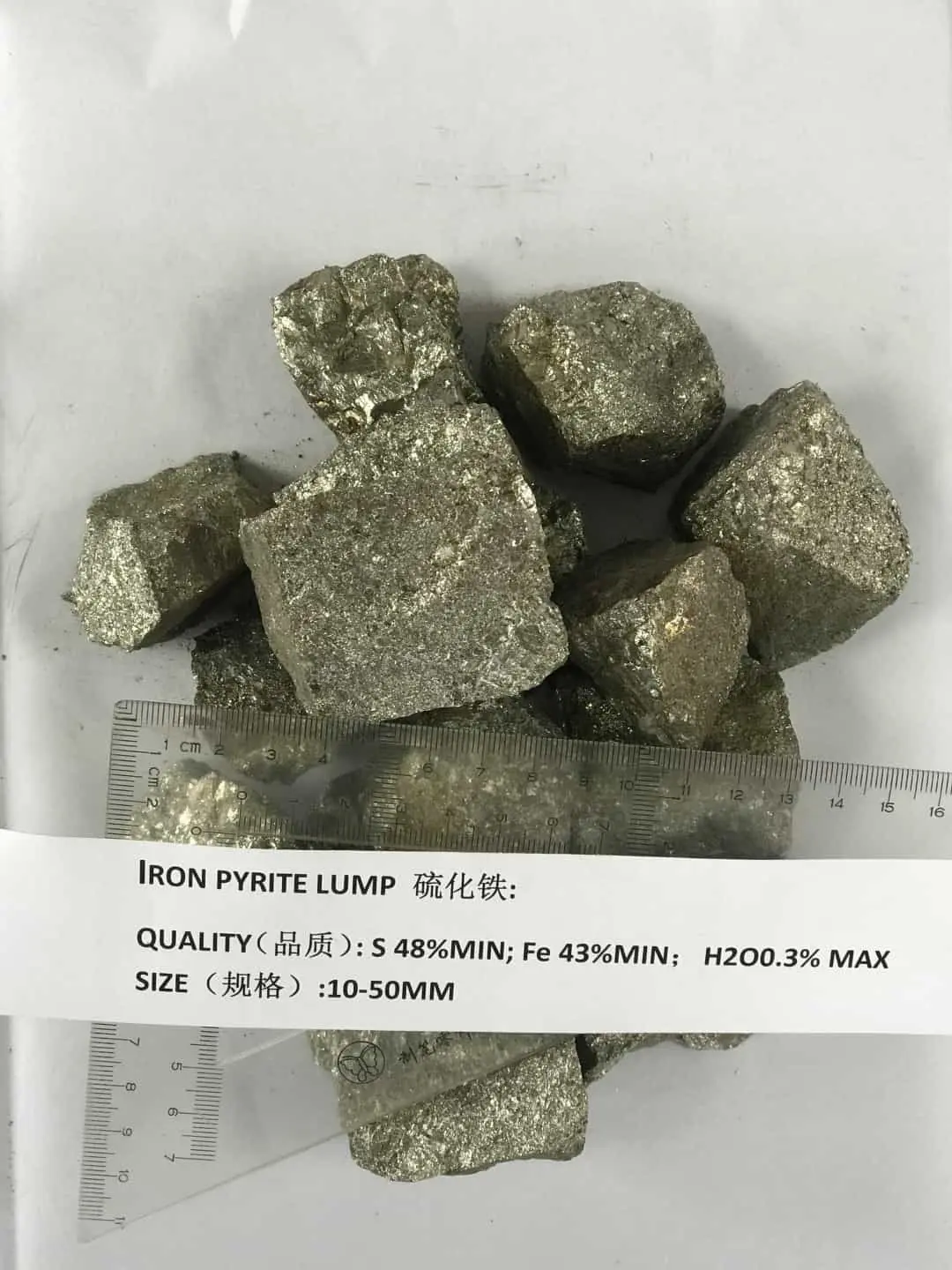Pyrite blocks are mineral forms of iron sulfide with the chemical formula FeS2. These mineral blocks have gained significance in the realm of casting processes due to their unique properties and potential impact on the final product. This article seeks to dive into the relevance of pyrite blocks in the casting process and explore their effects, benefits, challenges, and applications.
Properties of Pyrite Blocks
Pyrite blocks possess intriguing physical and chemical properties that render them suitable for the casting process. Their metallic luster and pale brass-yellow hue make them visually distinctive, while their high density and hardness contribute to their durability and resistance to wear. Furthermore, the chemical composition of pyrite blocks makes them thermally stable, a crucial property for materials used in high-temperature casting processes. These remarkable attributes make pyrite blocks an appealing addition to the casting process, offering unique characteristics that can positively impact the final product.
Impact on the Casting Process
The addition of pyrite blocks can significantly influence the casting process in several ways. Firstly, when pyrite blocks are introduced into the casting mixture, they can alter the material properties and behavior during the casting process. This alteration may lead to improvements in strength, thermal conductivity, or other relevant material characteristics of the final cast product. Additionally, the presence of pyrite blocks can influence the flow and solidification behavior of the molten metal, potentially resulting in more precise casting shapes and reduced defects in the finished product.
Benefits and Applications
Incorporating pyrite blocks into the casting process offers various advantages and potential applications. The addition of pyrite blocks can enhance casting efficiency by contributing to the regulation of cooling rates and minimizing shrinkage-related defects. Moreover, the unique thermal properties of pyrite blocks can aid in achieving desired material properties in the final product, such as improved heat resistance or dimensional stability. Furthermore, the use of pyrite blocks may find applications in specialized casting processes where specific material properties are required, such as in the production of components for high-temperature applications or precision engineering.
Challenges and Considerations
While the utilization of pyrite blocks in casting presents numerous benefits, it is essential to address associated challenges and limitations. One critical consideration is the potential impact of sulfur content present in pyrite on the final cast product. Depending on the specific casting application, excessive sulfur content may lead to undesirable material properties or reduced weldability. Additionally, proper handling and safety precautions must be observed due to the potential release of sulfur compounds during the casting process. Understanding and mitigating these challenges are crucial for harnessing the full potential of pyrite blocks in casting applications.
Case Studies or Experiments
Several case studies and experiments have provided empirical evidence regarding the impact of adding pyrite blocks to the casting process. In a study conducted by [Research Institute], the addition of pyrite blocks to the casting mixture demonstrated a notable enhancement in the mechanical properties of the cast products, particularly in terms of increased tensile strength and improved resistance to thermal stress. Furthermore, industrial examples have showcased the successful integration of pyrite blocks in specialized casting processes, leading to the production of components with superior performance characteristics and dimensional accuracy.
High quality pyrite blocks for foundry use only
If you want to get high-quality pyrite blocks, but don’t know how to choose, you might as well try runlong. As a professional pyrite block manufacturer, runlong can provide you with professional services and products. Welcome to contact us for details Ordering information!
In conclusion, the addition of pyrite blocks holds substantial promise for optimizing the casting process and enhancing the quality of cast products. By leveraging the unique properties of pyrite blocks, manufacturers can achieve improved material characteristics, production efficiency, and product reliability in various casting applications. However, it is imperative to carefully consider the specific requirements of each casting process and address potential challenges associated with the use of pyrite blocks. With further research and practical implementation, the integration of pyrite blocks into casting holds the potential for innovation and advancement in the field of metal casting.


